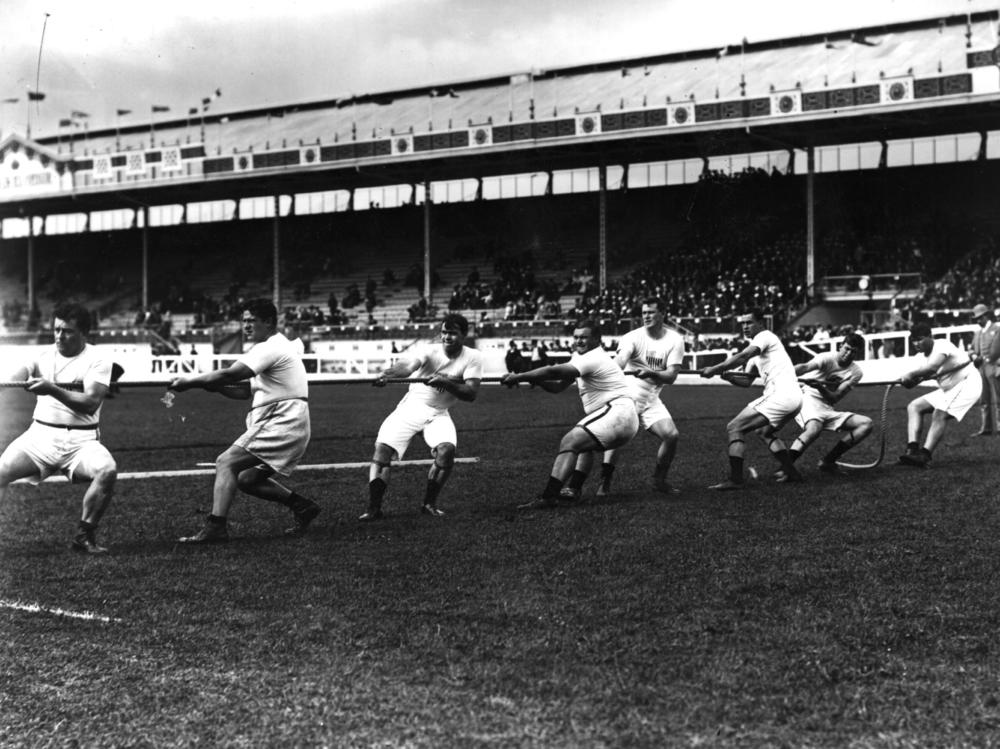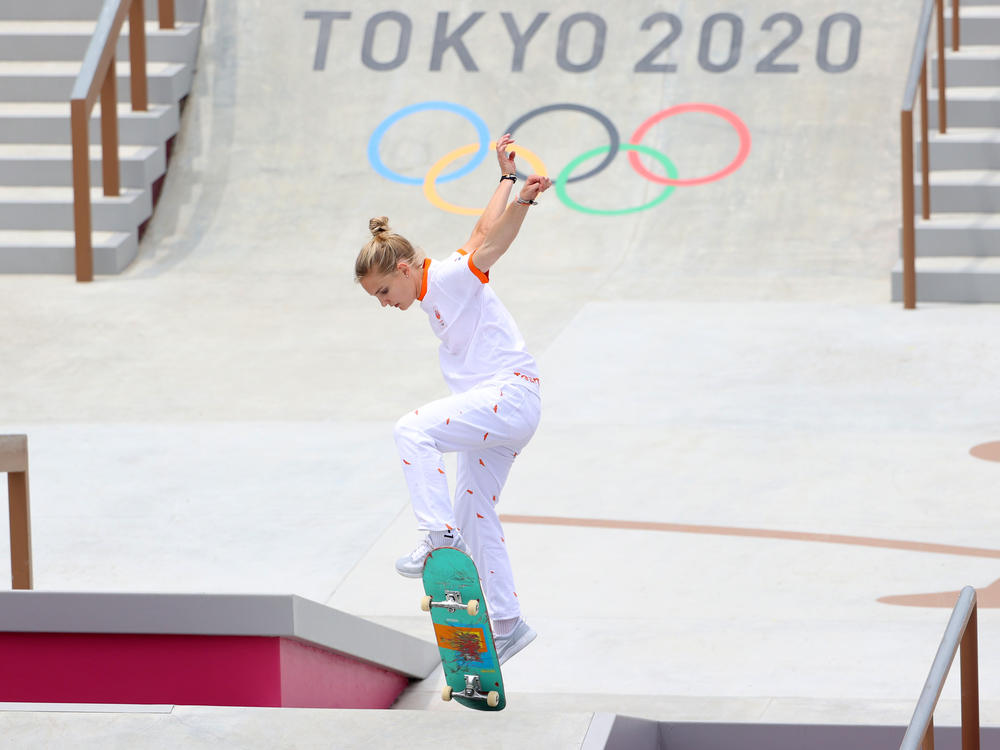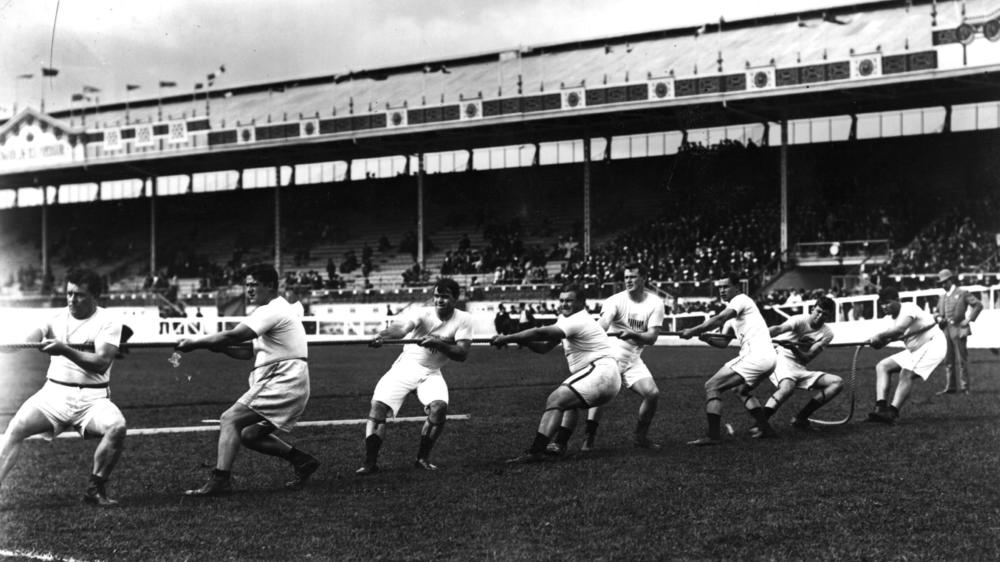Section Branding
Header Content
Here's How The Olympics Decide What Sports To Include — And Which To Leave Out
Primary Content
Pigeon shooting. Tug-of-war. Motorboating. These were all once included in the Olympic Games, but today, they're relics of the past. If you've ever wondered who gets to decide what's included in the Olympic Games, you're probably not the only one, but buckle up, because it's a little complicated.
The International Olympic Committee oversees all aspects of the Olympic Games and is in charge of deciding which sports will or won't be included. Of the organization's 99 members, many are former athletes or current leaders in athletics who hail from all over the world, according to the IOC website.
It falls to the IOC's Executive Board to propose which sports will be included; the rest of the IOC then votes. The IOC is also in charge of deciding what criteria must be met in order for a sport to be included.
The list of criteria is a lengthy one
As it stands, any sport considered for inclusion in the Olympics is evaluated based on five factors that are split into 35 criteria. The criteria include how much value the sport would add to the Olympics legacy; how long the sport has existed; how popular the sport is in the host country; how much it would cost to broadcast the events, and numerous other factors. Sports included in the Games must also be governed by an international sports federation and must comply with both the Olympic Charter and the World Anti-Doping Code.
This year's Games saw the inclusion of skateboarding, surfboarding, sport climbing and karate, all of which are being featured for the first time ever. Baseball and softball round out the new additions, returning to the global stage for the first time since 2008.
A cap on athletes can leave some sports on the sidelines
So, what contributes to a sport not making the cut? Having to limit the Games to a certain number of athletes, as well as scheduling needs and venue limitations, can lead to some sports being left off of the program, especially if they fall short of other criteria.
There's perhaps no better example of this than softball and baseball: while both are featured in this year's Games, it's the first time they've been included since 2008. The decision to exclude both softball and baseball from the 2012 Games was made via an anonymous IOC vote in 2005. Officials claimed that neither sport had global appeal, attracting backlash from players, according to ESPN. Olympic baseball and softball was not revived until 2020, but at present time, it looks as if neither sport has made the cut for 2024.
But it's not just the IOC calling the shots. A host city can also play a role in the decision, and push for a particular sport for the year that they are hosting. For a real-world example, look no further than the 2024 Games to be held in Paris, which will see the debut of breakdancing as an Olympic sport.
Copyright 2021 NPR. To see more, visit https://www.npr.org.



